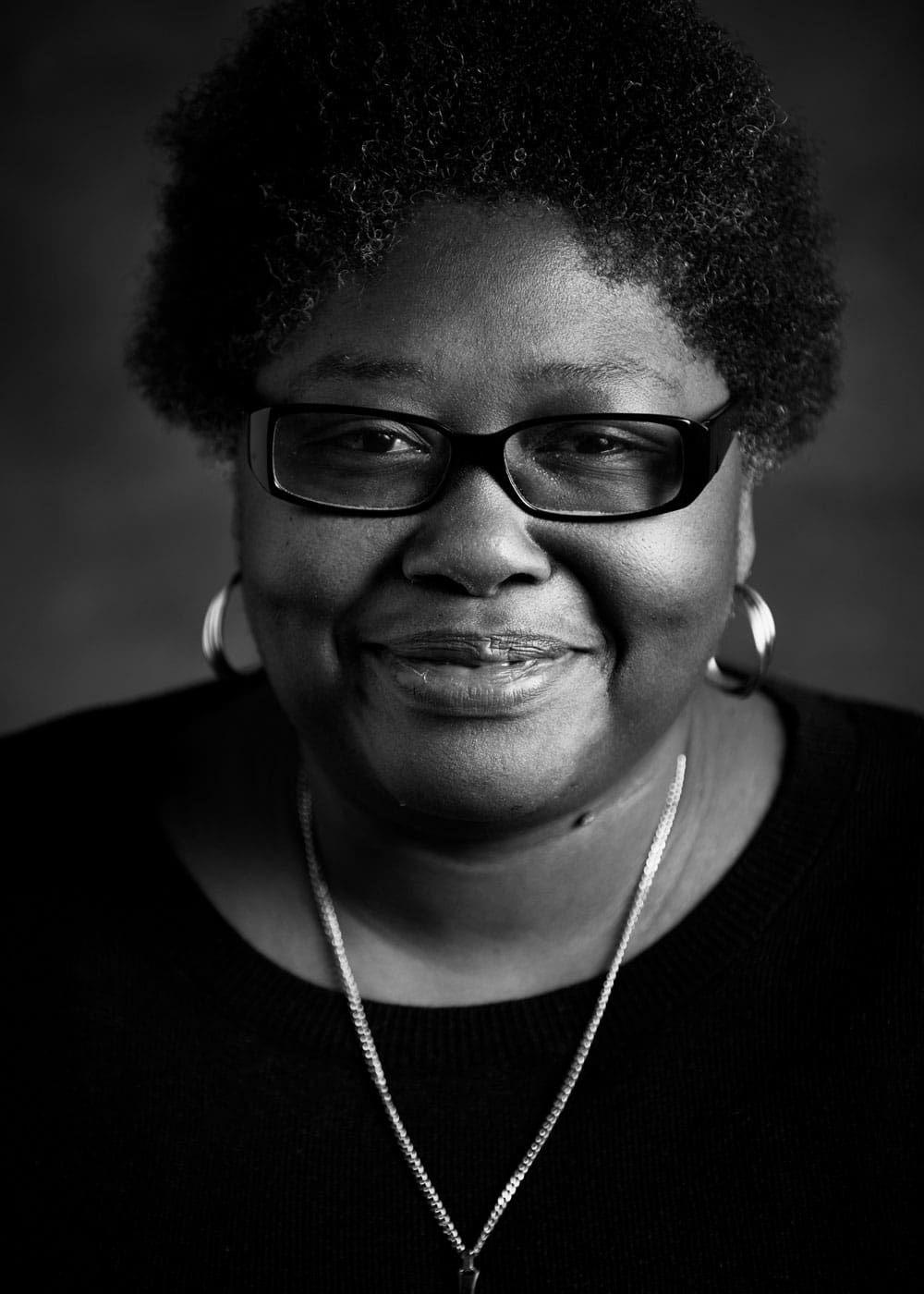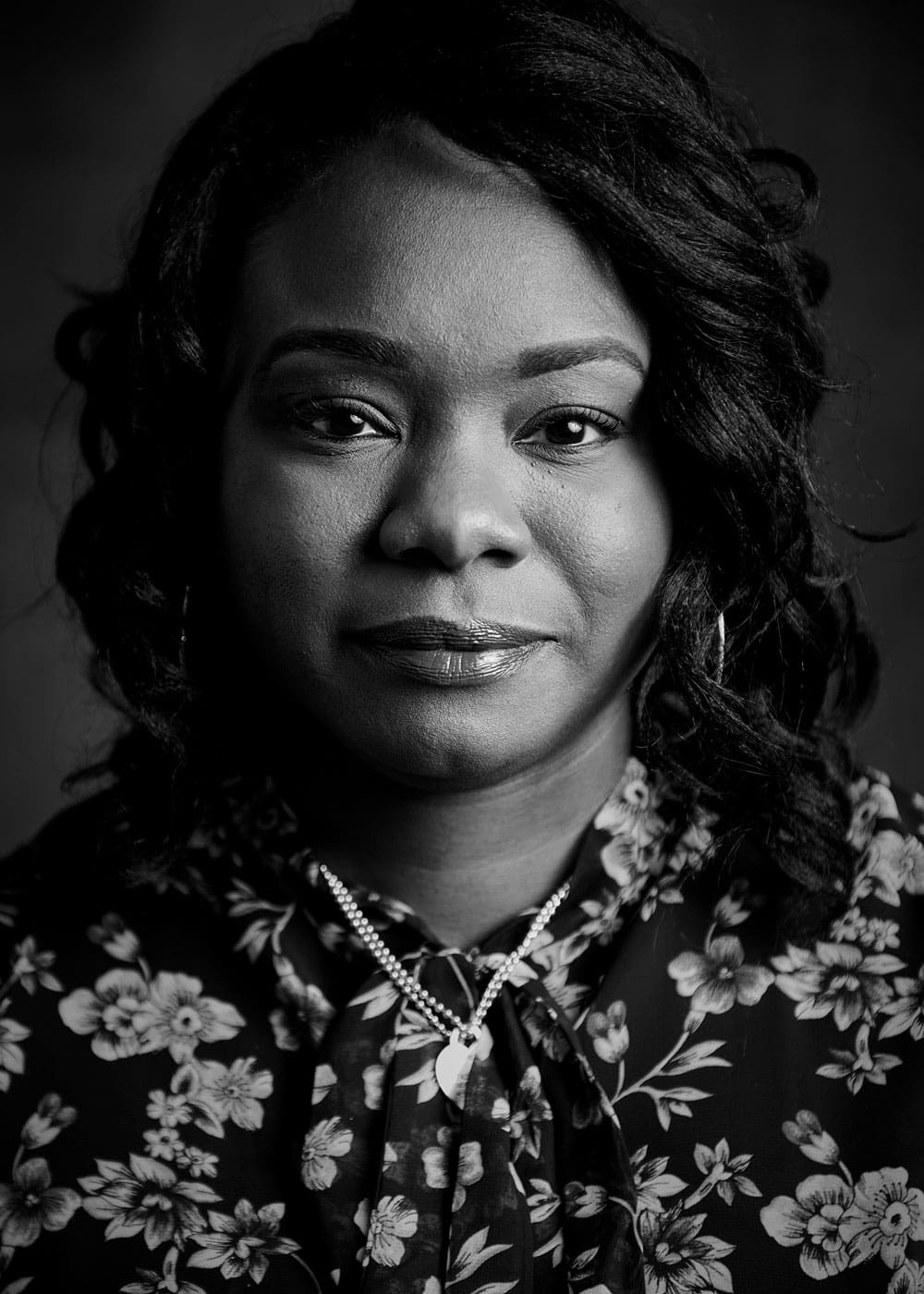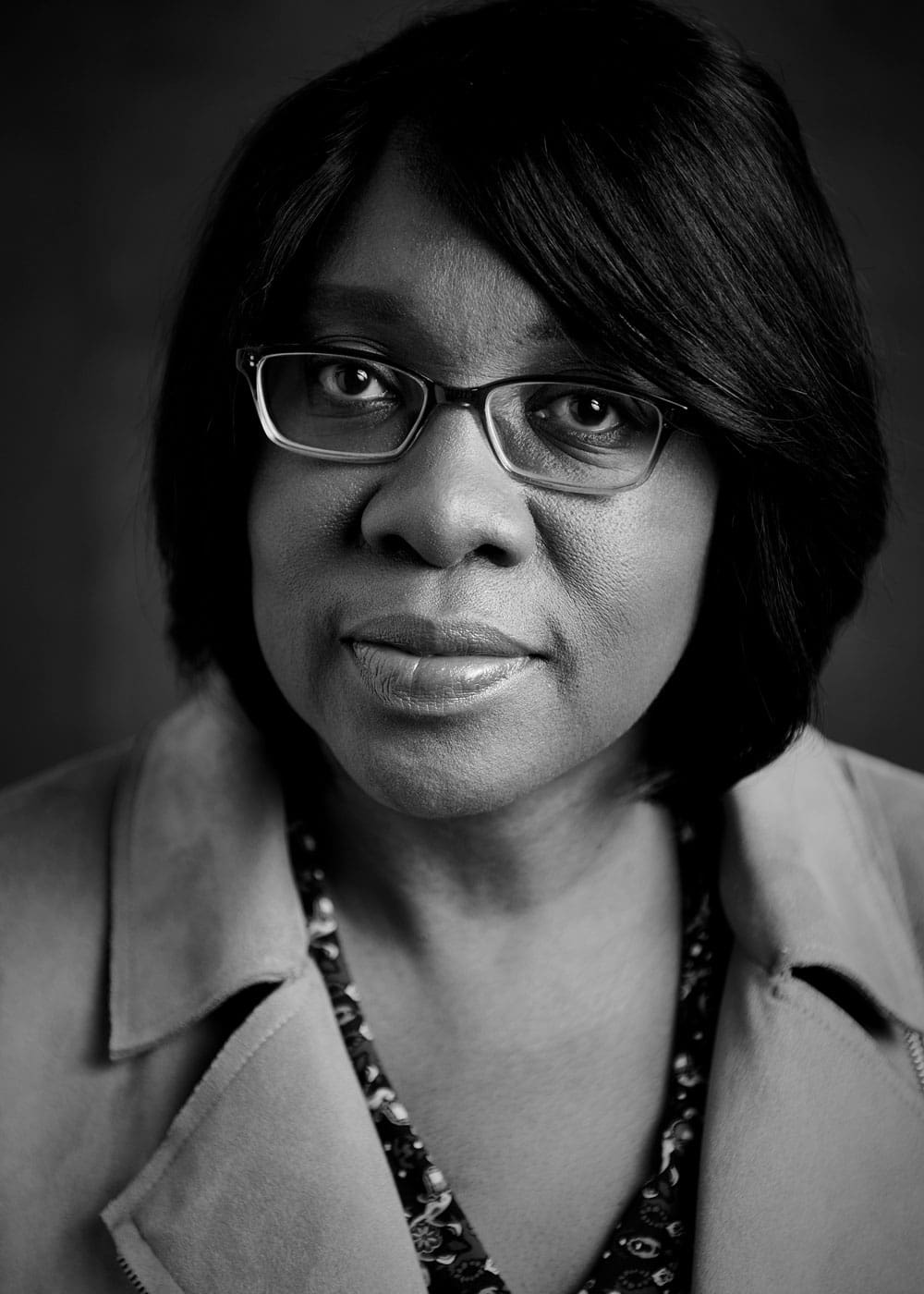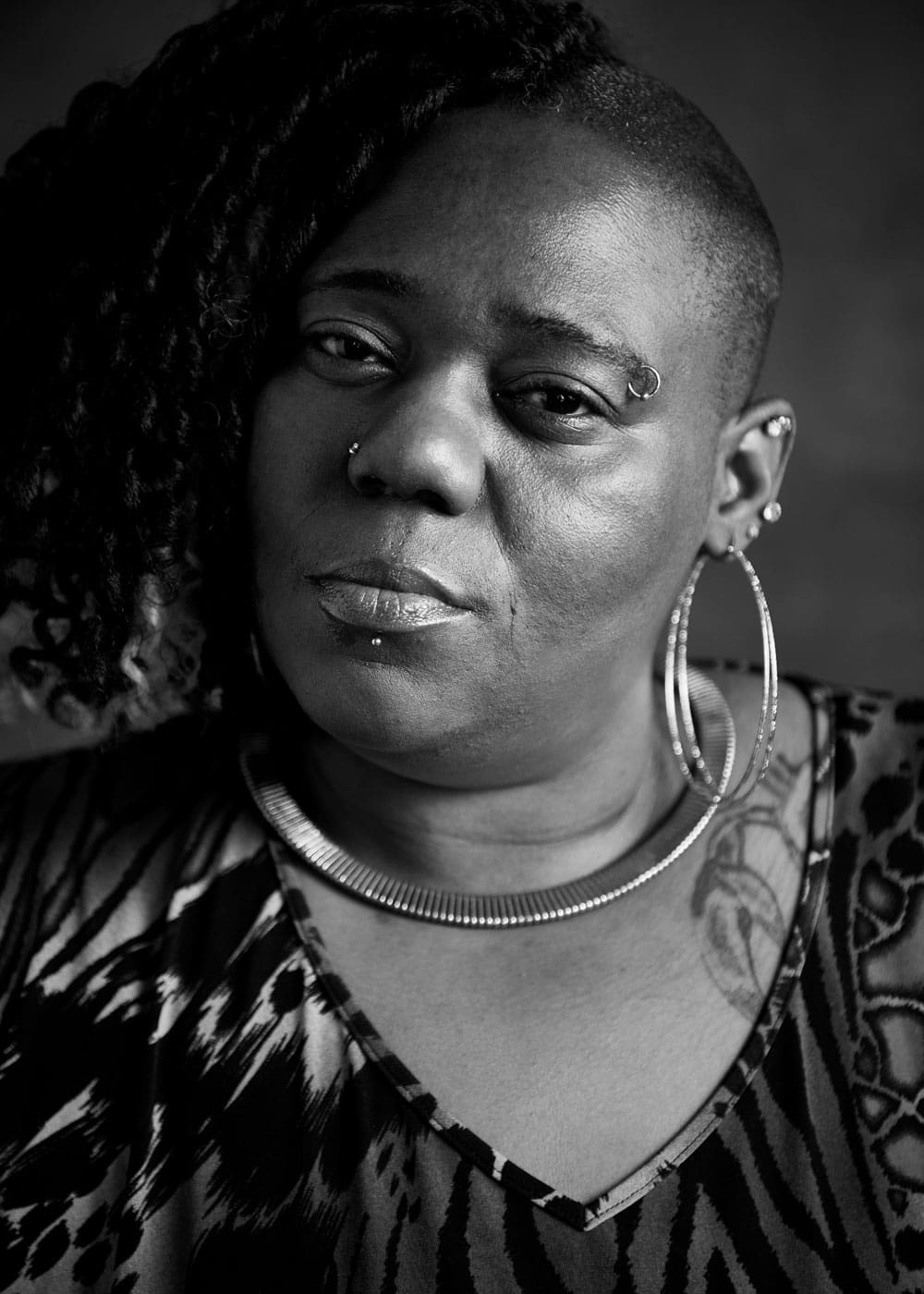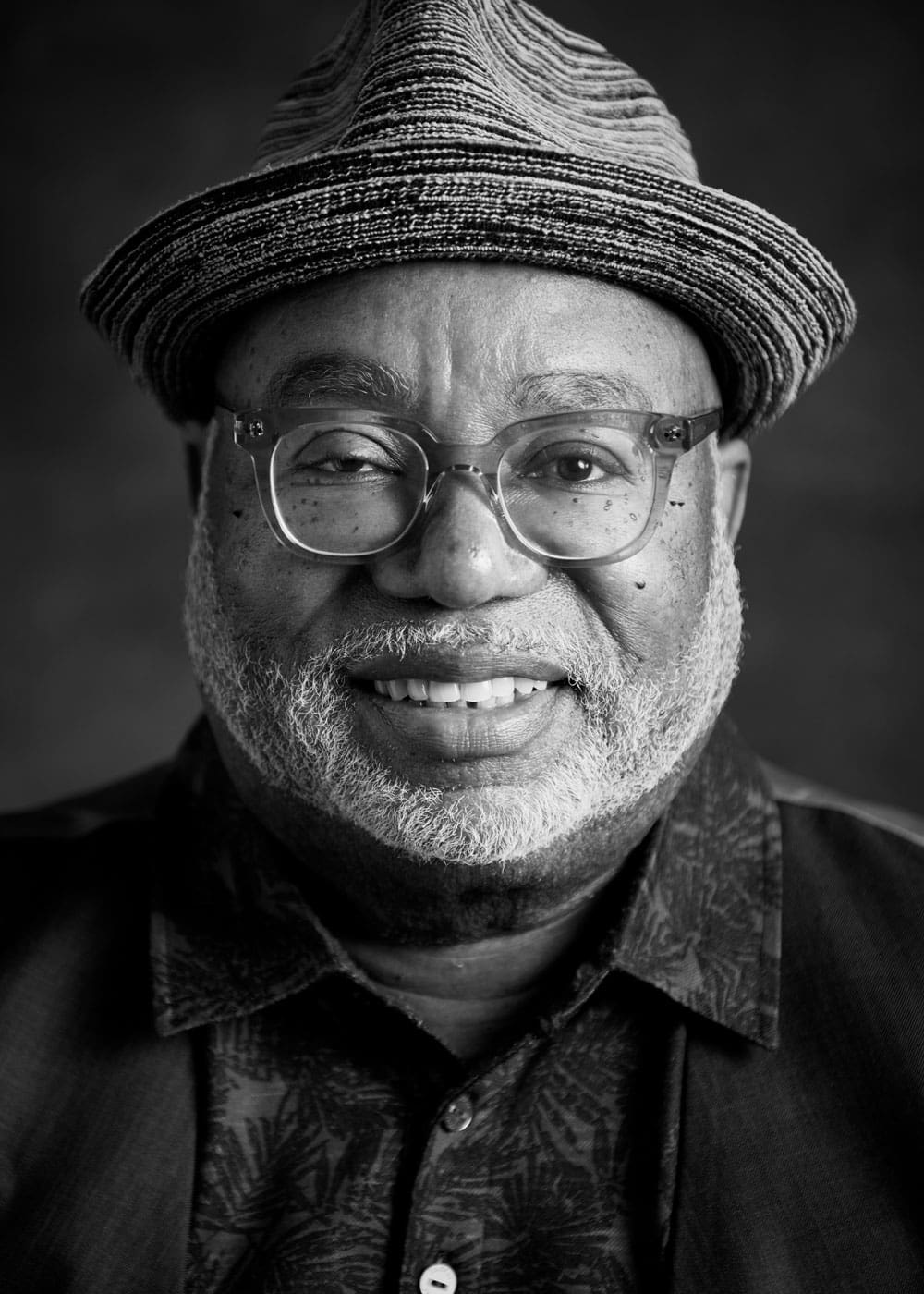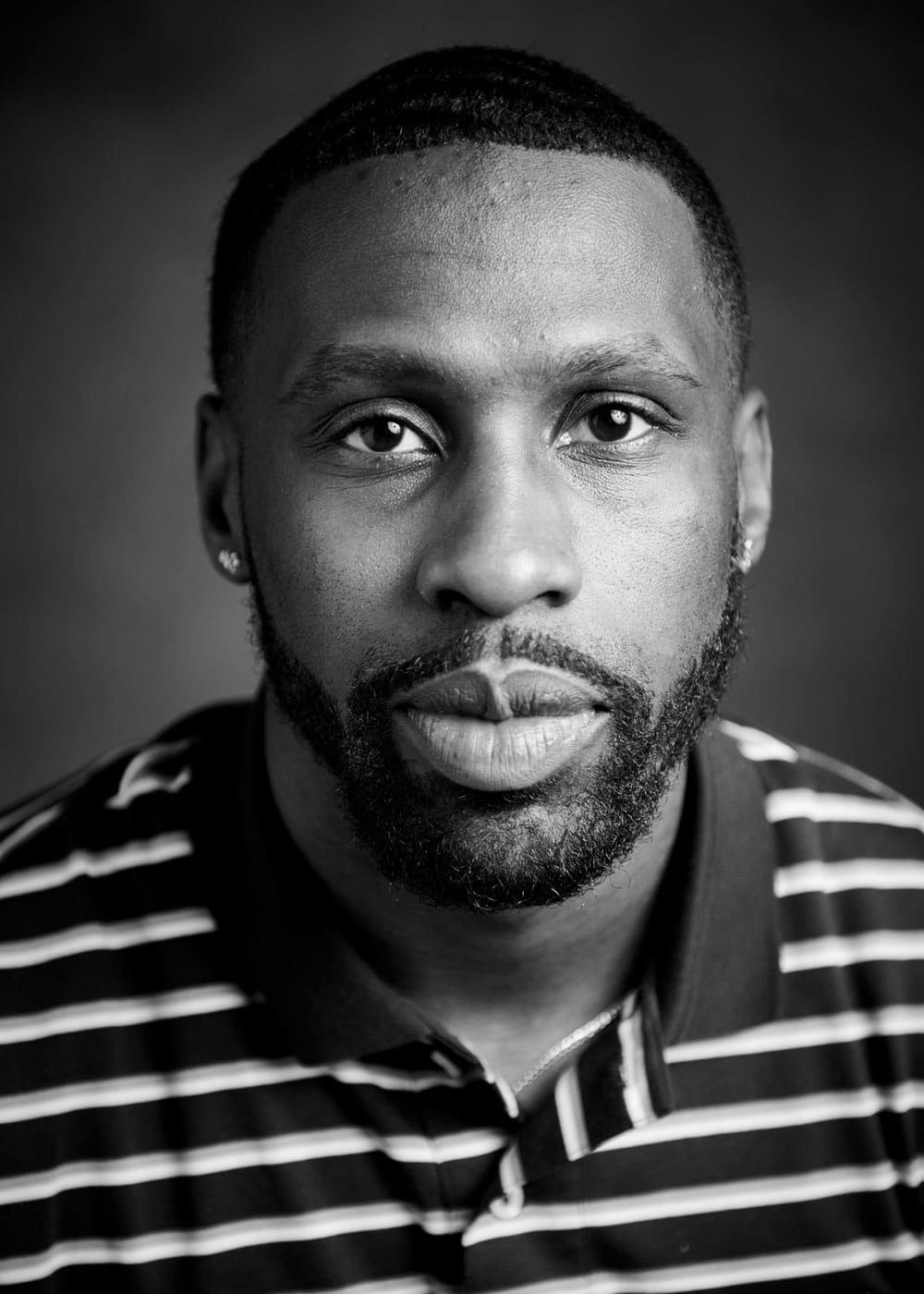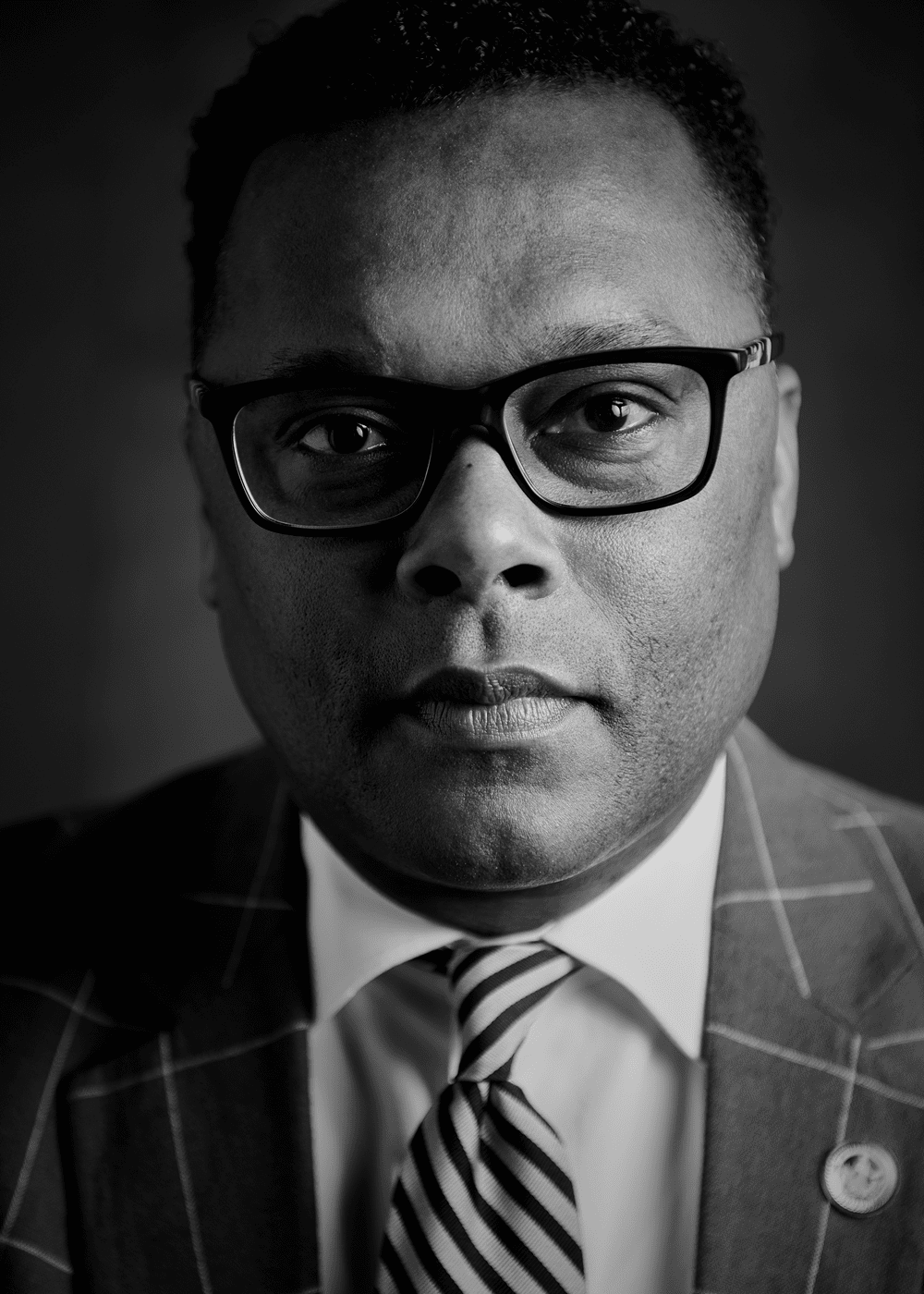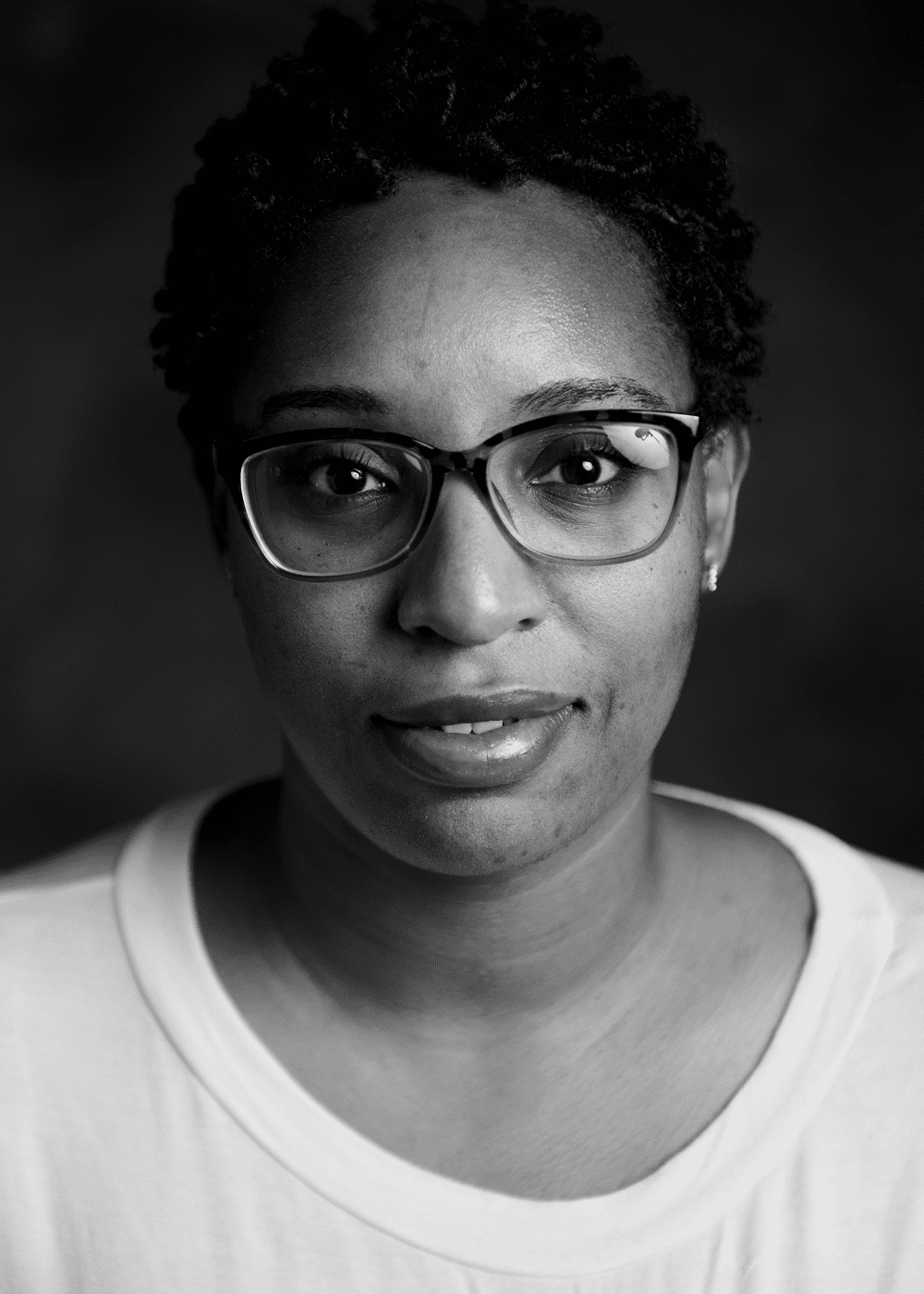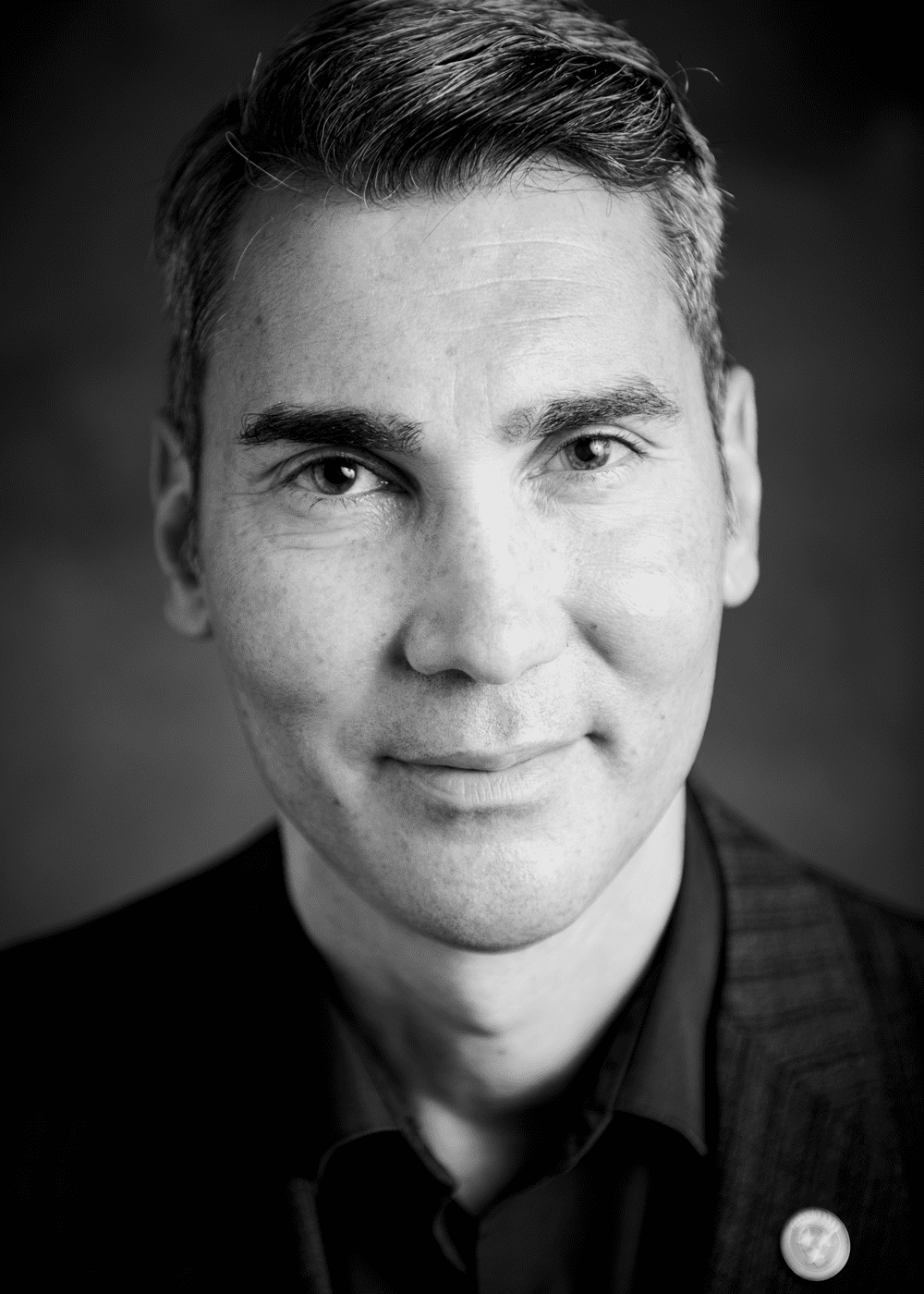“That was many moons ago, but students today are still facing some of those issues,” Kenya says. “It’s beyond the capacity and the willpower of the teachers and the administrators who love the kids and want to do what’s best, but they’re limited because of the lack of resources that are available … because the system is just so complex and, honestly, flawed in many ways.”
That’s why Kenya is doing the hard work to change the system—from the inside out—at Teach for America, a United Way partner agency.
Before she joined the team there, she had been working a corporate job but really wanted to find a place where she was helping others.
“I read about Teach for America’s mission, and I saw myself reflected in the students and the families that we’re aiming to serve. And I knew that I had to be a part of that.”
Teach for America recruits leaders to teach students in underserved communities throughout the U.S.
“Oftentimes, those students are students of color students and families that have low socio-economic backgrounds. They’re the ones that are oftentimes forgotten. Unfortunately, the neighborhood schools don’t often have the resources available to be able to provide students with that high-quality education that you might see in more affluent areas.”
Kenya was a cheerleading coach at a local school. She remembers one of her students confiding in her about the challenges she was facing in school and at home.
“I really saw myself in her,” she recalls. “It touched my heart. I just remember thinking to myself … what would I had wanted someone to say to me during this time if I felt safe enough to go to an adult figure to be this vulnerable? I just really encouraged her and told her that she matters. She’s valuable. She’s important to this world. And even though it may not look like it, and it feels very difficult and very hard right now that if she keeps going and keeps speaking life into herself and finding ways to channel some of her frustrations that feel a little bit more productive, such as writing or music, something that she loves.”
She says it’s so important that leaders of color are speaking life into students.
“Making sure that they know how valuable they are, that they know that they matter. And regardless of the obstacles that they may be facing right now, they mean something to this world. And there is a community of support that they can lean into.”



